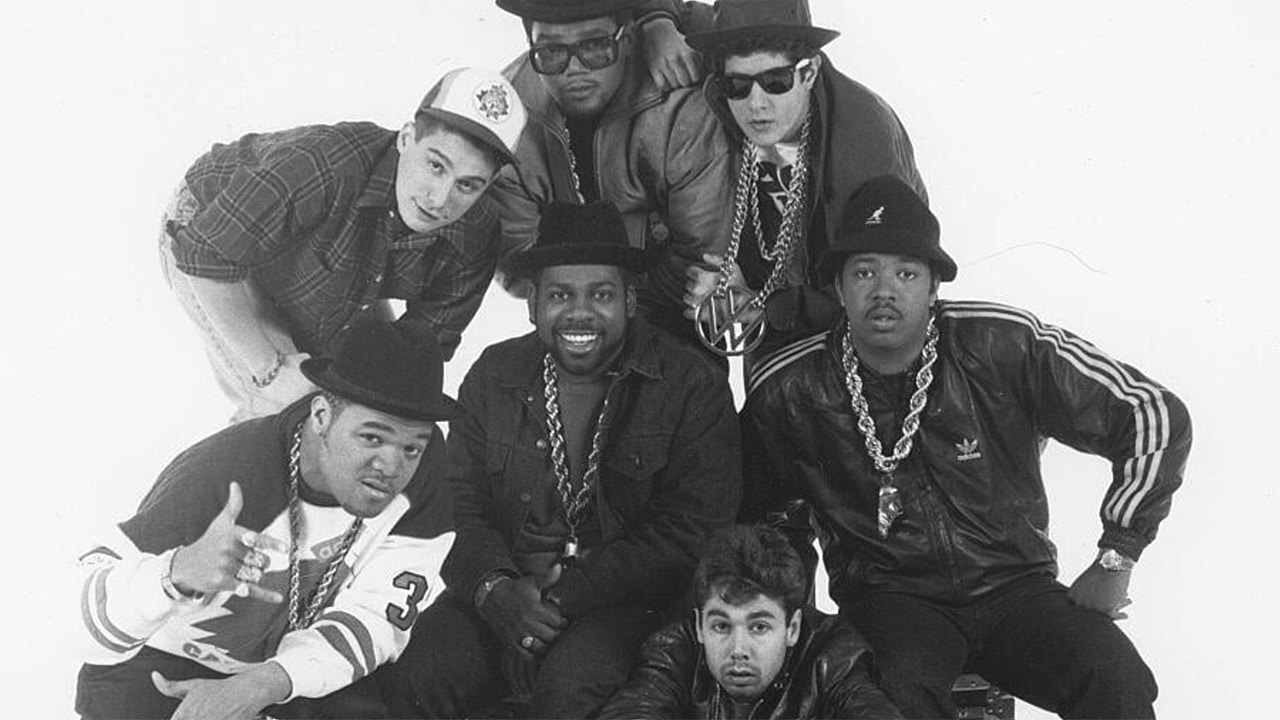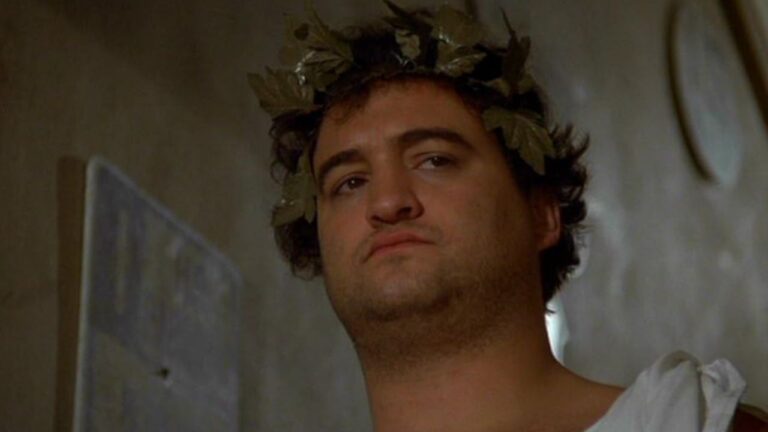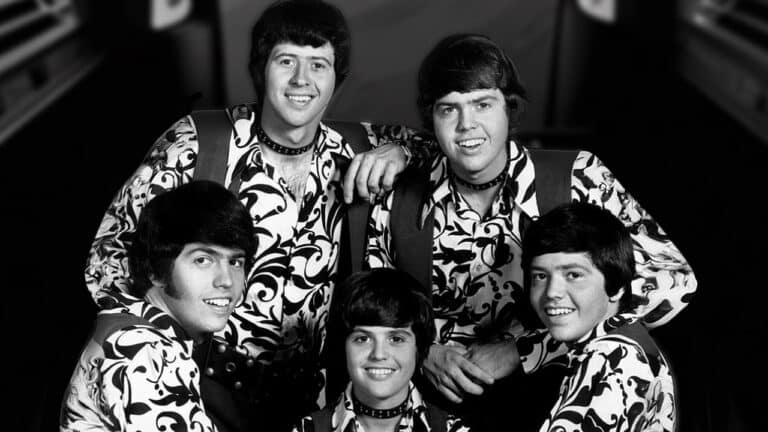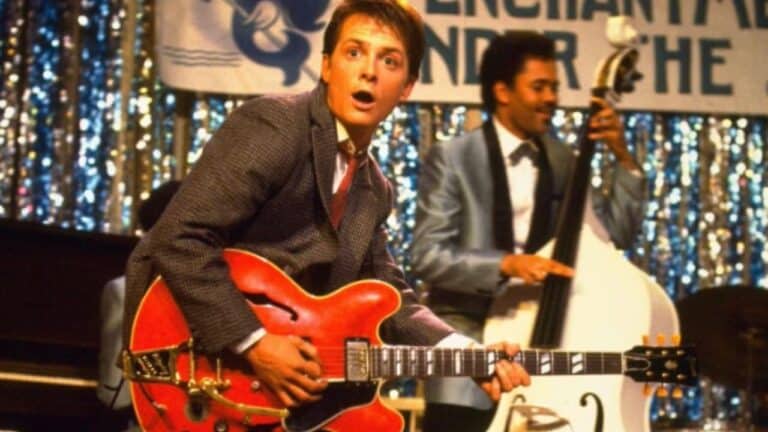The 13 Most Annoying Music Artists of the 1980s

The 1980s were a vibrant time for music artists, but some walked the fine line between innovative and annoying. Whether their songs were repetitive, derivative, shrill, or some combination of the above, several 1980s music artists became unintentional triggers even decades later.
Launched in 1981, MTV “killed the radio star” and became the most influential source of new music. Colorful artists such as Cyndi Lauper, Madonna, Culture Club, Duran Duran, and Prince burst onto the scene and defined the soundtrack of the decade. Other artists may have found similar success on the Billboard charts, but not everything that sounded cool during the MTV era holds up today.
There were many more irritating music artists during the 1980s than the ones listed here, but the songs by performers such as Milli Vanilli, the B-52s, Violent Femmes, Beastie Boys, and Michael Bolton will test anyone’s aural pain threshold.
Milli Vanilli

Girl, you know it’s true that this German R&B act was problematic on several levels. For starters, songs like “Baby Don’t Forget My Number” and “Blame It on the Rain” are repetitive, insipid, and cliché even by top-40 standards. That didn’t stop Milli Vanilli from winning the Grammy for Best New Artist, however.
Then news broke that Milli Vanilli’s Fab Morvan and Rob Pilatus were lip-synching performers and not the actual vocalists heard on their hit tracks. Their Grammy got revoked and Milli Vanilli became a laughingstock. Blame it on the ruse, I guess?
Starship

Starship is a band consisting of the remnants of Jefferson Airplane and Jefferson Starship.
Starship’s number-one hit “We Built This City” has been called the worst song of all time by Rolling Stone, Blender, GQ, and anyone with ears. The song has faux-rebellious, anticorporate lyrics but a slick, polished, corporate-rock sound. The fact that Starship member and ’60s counterculture icon Grace Slick contributed vocals to this irritating anthem drives the knife in deeper.
In addition to “We Built This City,” Starship also assaulted eardrums in the 1980s with the whiny ballad “Sara” and the cheesy “Nothing’s Gonna Stop Us Now” from the movie Mannequin. Someone launch all of these Starship songs into orbit where there is no air or sound!
Violent Femmes

Violent Femmes are an American folk-punk band known for songs such as “Blister in the Sun,” “Add It Up,” and “Gone Daddy Gone.”
Although deliberately bratty songs such as “Blister in the Sun” appealed to the burgeoning alternative music scene of the early 1980s, the ditties didn’t age so well. Lead singer Gordon Gano doesn’t so much sing as speak lines somewhat in key. When those lines feature lyrics such as “When I’m out walking/I strut my stuff/And I’m so strung out/I’m high as a kite/I just might stop to check you out,” does that make you want to stick around for more or run for the nearest isolation chamber?
Kajagoogoo

The British New Wave band Kajagoogoo featuring Limahl on vocals is best known for their 1983 hit “Too Shy”… and not much else.
In the video for “Too Shy,” Limahl looks like this and keeps wondering why a nearby female isn’t giving him enough attention. He sings, “Hey girl/Move a little closer/You’re too shy shy/Hush hush, eye to eye” over and over again until you realize why she might want to keep her distance from this weirdo.
American Horror Story: 1984 pokes fun at Kajagoogoo who, on the show, are murdered by Richard Ramirez before they can perform at a musical festival. A character later drops the truth bomb, “No one is going to miss… their one hit single.”
Europe

The 1980s were all about hair bands, and the Swedish rock group Europe hovers near the top of the most-annoying list thanks to their uniquely irritating song “The Final Countdown.” Just the intro keyboard riff of “The Final Countdown” triggers a fight-or-flight response in anyone who survived the ’80s.
We’re still not sure what “The Final Countdown” was counting down, but it wasn’t the end of Europe’s assault on our collective sanity. Hits like “Rock the Night” and the power ballad “Carrie” followed, but none had the power to drive people berserk at sporting events quite like “The Final Countdown.”
Years later, a running joke on Arrested Development was Gob’s (Will Arnett) repeated use of “The Final Countdown” as an introduction to his magic shows to generate false excitement.
The B-52s

The Athens, Georgia New Wave band the B-52s are known for kooky party songs such as “Rock Lobster,” “Summer of Love,” “Wig,” and “Love Shack.” The latter, which became a huge hit and the band’s signature song, also highlights the most annoying aspect of the B-52s: vocalist Fred Schneider.
Whereas the harmonies by singers Kate Pierson and Cindy Wilson are lovely on songs such as “Roam,” Schneider’s shrill spoken contributions to songs such as “Love Shack” are jarring and throw everything out of whack. “Love Shack” giddily bounces along and then all of a sudden Schneider screams, “Hop in my Chrysler/It’s as big as a whale/And it’s about to set sail!” He’s like the party killer no one invited who pops up from behind a couch banging on pots and pans until all of the guests run for the hills.
Bobby McFerrin

Bobby McFerrin’s 1988 megahit “Don’t Worry, Be Happy” became the first a cappella song to top the Billboard Hot 100, where it stayed for two weeks. Although McFerrin’s subsequent ’80s singles failed to chart, the cultural impact of his one hit cannot be understated — it got under people’s skin and clogged pores.
The irony about “Don’t Worry, Be Happy” with its friendly whistling and cheery message is that the more you listen to it, the more you worry that the irrational anger building up inside you will lead to random acts of violence. Decades after the song’s release, publications such as Blender and the Village Voice listed the Grammy-winning song on their respective worst-song lists.
Don’t worry about lightning striking twice for McFerrin — he hasn’t released an album of new music since 2013.
Bananarama

One 1980s girl group that drives many listeners bananas is the aptly named Bananarama. Originally a trio consisting of Sara Dallin, Siobhan Fahey, and Keren Woodward, Bananarama’s hits include “Venus,” “Cruel Summer,” and “Love in the First Degree.”
If someone today watches the official music video for “Venus” and mistakes it for a bunch of gals having a laugh at a karaoke bar, you can’t blame them. Unlike female bands of the era such as the Go-Go’s and Bangles who played their own instruments, Bananarama was all about their harmonies and clumsy dance moves, which came across as something less than serious when paired with inane lyrics such as “Robert De Niro’s waiting… talking Italian.”
Fahey, the most talented member of Bananarama, left the group and enjoyed success as one half of Shakespears Sister, who scored a big hit with “Stay” in 1992. The rest of Bananarama probably wish Fahey had stayed a bit longer.
Chris de Burgh

British-Irish crooner Chris de Burgh is guilty of creating a hit song that was played at every heterosexual wedding for years after its release in 1986: “The Lady in Red.”
According to the BBC, Chris de Burgh has sold 45 million records worldwide, 44.99 million of which must be “The Lady in Red.” Rolling Stone readers named the syrupy song about the first time de Burgh laid eyes on his wife as one of the worst of the 1980s.
Believe it or not, de Burgh released his 23rd studio album, The Legend of Robin Hood, in 2021.
Falco

“Rock Me Amadeus” by Austrian artist Falco is his only number-one hit in both the United States and the United Kingdom. The song about composer Wolfgang Amadeus Mozart features a stomping beat and a female backup singer screeching “Ooh, rock me Amadeus!” at uncomfortably regular intervals.
Although more people are familiar with the impossibly annoying “Rock Me Amadeus,” Falco is also the foreigner responsible for grating pop songs such as “Der Kommissar” and “Vienna Calling.”
Falco was reportedly planning a comeback when he lost his life after his SUV collided with a bus in 1998.
Richard Marx

Grammy-winning singer-songwriter Richard Marx wrote a number of adult contemporary songs for himself and other artists that became hits. Some of Marx’s solo hits that he sang include “Don’t Mean Nothing,” “Right Here Waiting,” “Endless Summer Nights,” and “Satisfied.”
There were myriad cutting-edge music artists that emerged in the 1980s, but Marx is not one of them. With his bushy mullet and slick, radio-friendly, soft rock ballads, Marx was very much a man of his time. Yes, he scored a number of mainstream hits, but hearing them now reminds people who lived in the 1980s about the annoyingly generic music heard on top-40 radio and dentist offices toward the end of the decade.
Michael Bolton

Speaking of generic 1980s rock and mullets, say hi to Michael Bolton. The singer appealed to baby boomers in the late ’80s who appreciated his White-soul covers of Motown songs such as “(Sittin’ on) the Dock of the Bay” and “Georgia on My Mind.”
The best word to describe Bolton’s delivery of his signature power ballads is “bombastic.” The two-time Grammy winner has his fans, most of whom were boomers in their 30s or 40s in the late ’80s when Bolton was belting out new versions of songs they remembered from their childhood.
Beastie Boys

With regard to aggressively annoying lyrics and delivery, the Beastie Boys are in a league of their own. The New York city rap group composed of Adam “Ad-Rock” Horovitz, Adam “MCA” Yauch, and Michael “Mike D” Diamond scored their biggest hit with “(You Gotta) Fight for Your Right (to Party!).”
Bratty songs such as “(You Gotta) Fight for Your Right (to Party!),” “Girls,” and “Brass Monkey” aren’t cool or revolutionary — they just call attention to three screaming, entitled White dudes having a laugh at how obnoxious they can be and still get people to buy whatever it is they are selling. To quote a famous ’80s catchphrase, “Just say no.”





